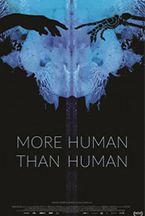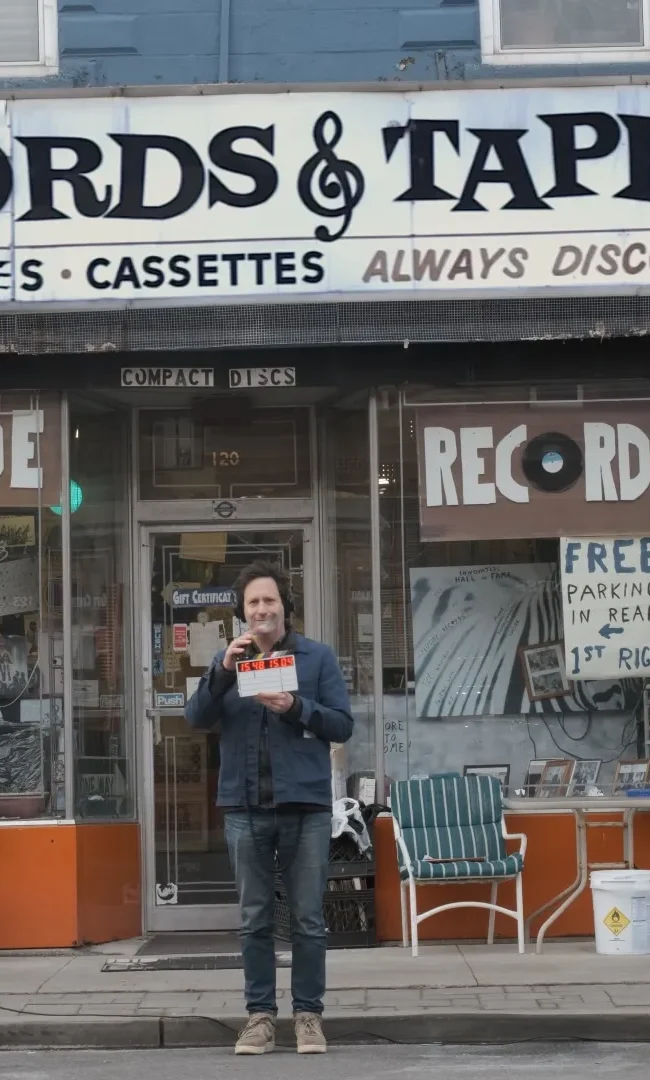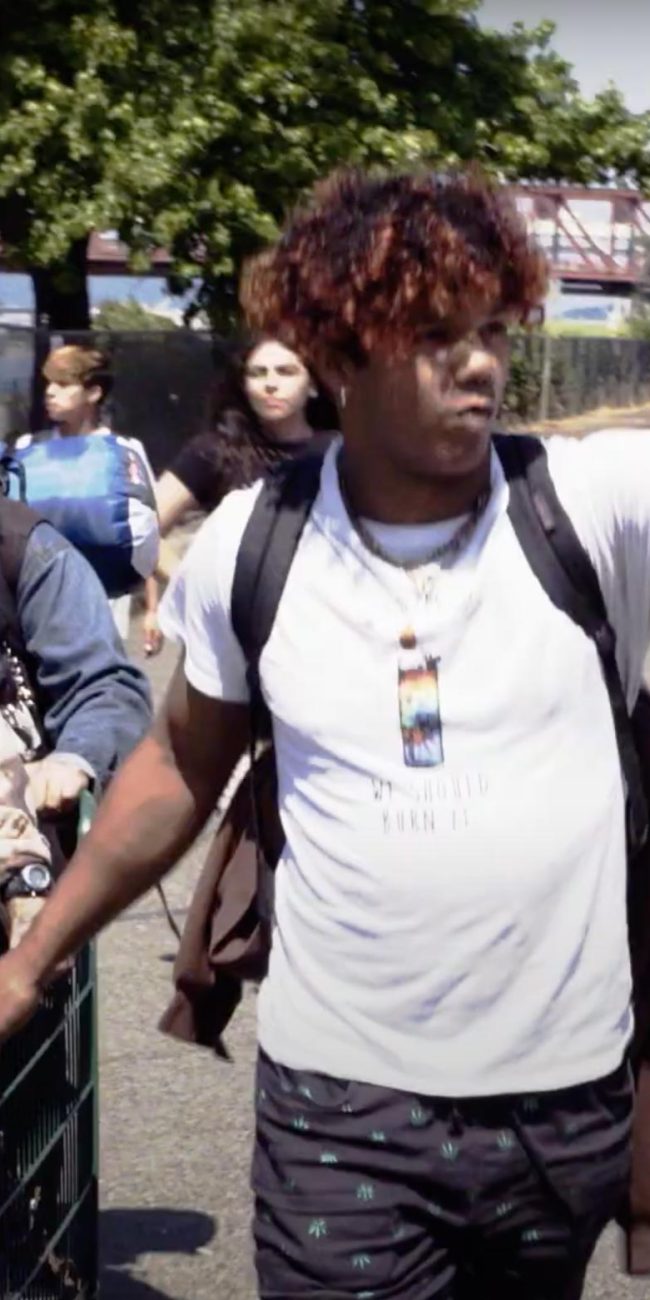MORE HUMAN THAN HUMAN

(The 2018 SXSW Film Festival kicked off March 9 and runs all the way through to March 17. Hammer to Nail has a slew of reviews and interviews coming in hot and heavy so keep your dial tuned to HtN!)
Humans, beware: the end is nigh! Even worse: we are the authors of our own demise. Or maybe not. Filmmakers Tommy Pallotta and Femke Wolting (Last Hijack), in their fascinating new documentary, More Human Than Human, analyze the developments in AI (artificial intelligence) technology in recent years. Pallotta, himself, is our guide through the dense thicket of esoterica and jargon that underpins the field, assisted by an articulate collection of talking-head experts. From Silicon Valley to Texas to Pittsburgh to London to the Netherlands, to name but some of the stops on this global cinematic journey, we visit the leading entrepreneurs in the discipline, some of whom see the inevitably sentient robots of the future as a good thing, others as harbingers of death. No matter the end result, however, as we can’t help ourselves, says writer Daniel Wilson (Robopocalypse): “Cheetahs runs fast; humans build tools.” Indeed. We’ll never stop till we drop.
Scared yet? The directors play off this unease in their visuals, as well, composing the filmed interviews with refreshingly odd mise-en-scène. Instead of placing each expert to the right or left of the frame and asking him/her to look off-camera to the opposite side – the most common technique – Pallotta and Wolting have them look to the same side on which they’re sitting. So, if a person is camera-right, they look right, for example. There are still two thirds of the frame left open, but now they are not filled with the unseen – though implicit – dynamic motion of the gaze. Why do this? Well, it’s a little unsettling, which is perhaps the point in a film where the uncanny valley of human-AI resemblance narrows every year.
Though I appreciate the wide array of technological achievements on display – including Hanson Robotics’ freakish Sophia – not all narrative threads come to a satisfying conclusion. In particular, I am thinking of the robotic camera at Carnegie Mellon University, the development of which forms one of the central dramatic arcs of the movie. There is a build-up to its implementation – meant to replace the human-operated equipment used throughout the rest of the documentary – that is not supported by a meaningful payoff. Otherwise, tales of chess master Garry Kasparov’s loss to computer Deep Blue in 1997 combine with images of robots that paint and sing to stories of how Apple’s Siri is changing our world in a compelling mix that provides much intellectual food for thought. There’s almost too much to synthesize into one coherent vision of the future. Perhaps we’ll have to develop a newer, faster computer to help us do that…
– Christopher Llewellyn Reed (@ChrisReedFilm)











